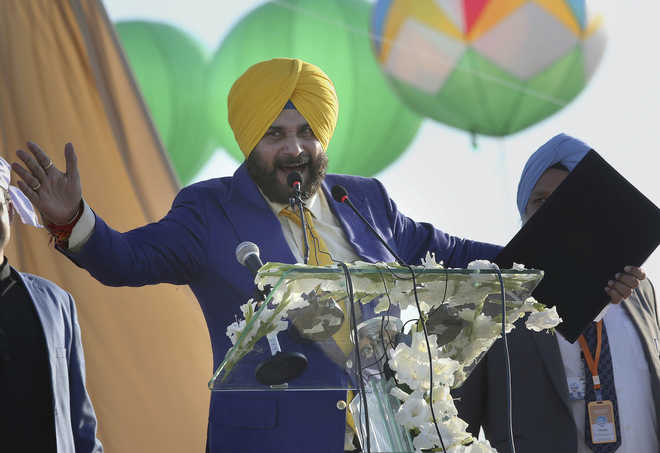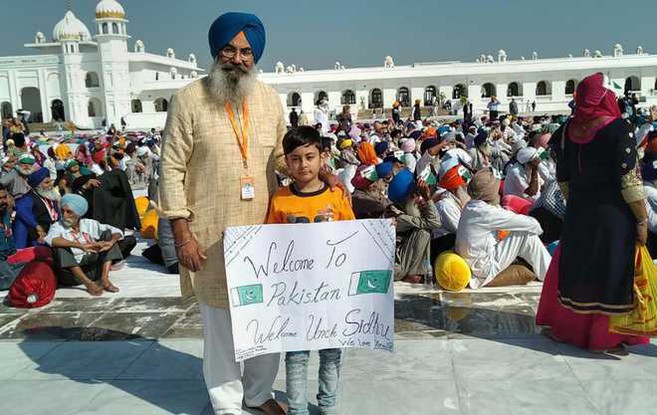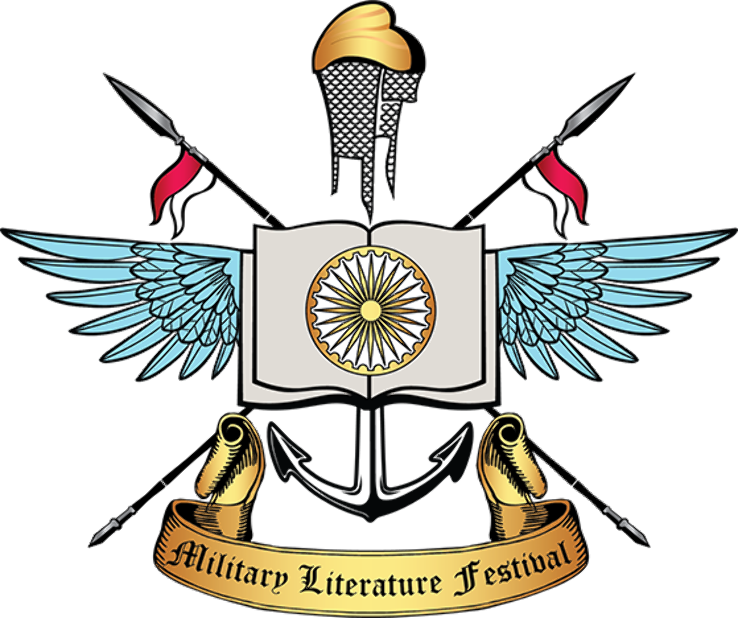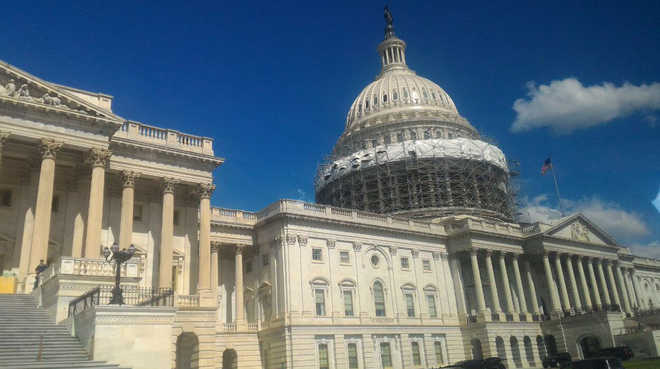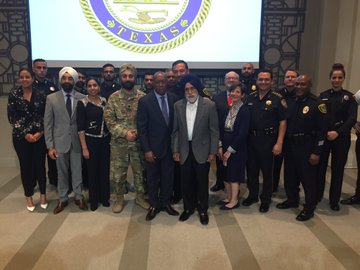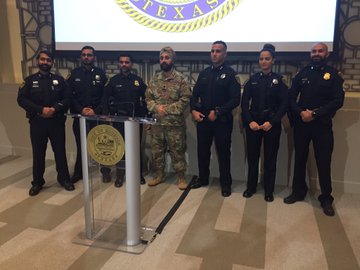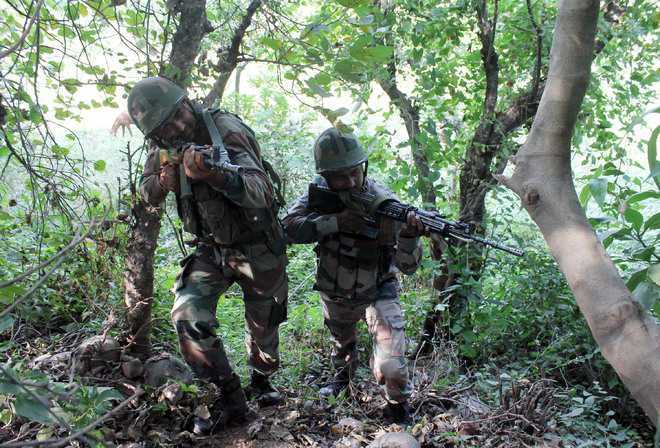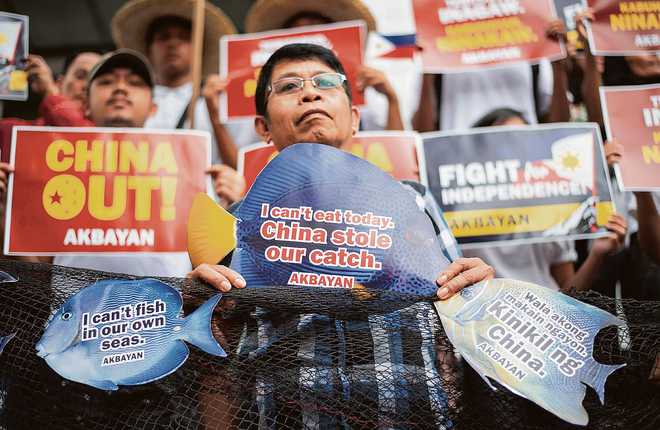
Big bully: Smaller countries are unable to take on an aggressive China.
G Parthasarathy
Chancellor, Jammu central university, & former high commissioner to Pakistan
The ASEAN Summit in Bangkok posed new economic and strategic challenges for India. The challenges posed by China, from the days India sought ASEAN membership, continue. Chinese opposition to India’s admission, and then to ensure that India remained marginalised in ASEAN, failed. India soon secured membership as a full-dialogue partner of the then fast growing economies of ASEAN. Virtually all members have found Indian participation constructive. Within a few years, an assertive China resorted to coercion to enforce its untenable maritime border claims. Beijing often militarily seized, or threatened to seize, small islands within the maritime frontiers of neighbouring countries, including ASEAN members.
China has resorted to such aggressive behaviour with South Korea, Japan, Taiwan, Vietnam, the Philippines, Malaysia, Brunei and Indonesia. It has ignored the provisions of international law by disregarding the adverse verdict of the International Tribunal on the Law of the Sea, after it seized an island belonging to the Philippines. It is presently deploying warships on the southern shores of Vietnam. China has successfully coerced, or brought around, virtually all ASEAN members with whom it shares maritime borders, except Vietnam and Indonesia. Even Malaysia’s PM, Mahathir, who loudly echoes Pakistan’s views on J&K, acknowledges that China is too powerful to be challenged by his country.
India rightly backs the collective views of ASEAN on regional issues. But given their fears of China, many members remain silent on its aggression. India is, however, quite clear about its views on international maritime issues, stating categorically that the UN Convention on Law of the Seas determines boundaries. As an example, India cites the case of its maritime borders with Bangladesh, where it respected the ruling of an international tribunal to hand over a disputed island to Bangladesh. Japan and India are on the same page on the issue.
These differences between a hegemonic China and India are bound to continue. China has become unusually aggressive with India on a number of issues after the scrapping of Article 370. China had taken the position that the J&K issue has to be resolved bilaterally between India and Pakistan, ever since the visit of then Chinese President Jiang Zemin to Pakistan and India in 1996. The Chinese position changed drastically when Beijing went out of its way to back Pakistan’s stand in international forums. India has retaliated by publicly referring to the disputed border area of Aksai Chin as a part of the UT of Ladakh. Interestingly, this claim, which was supported by the Buddhist majority of Ladakh, caused consternation there.
There are sound economic reasons for India’s reservations to join the proposed Regional Asian Free Trade Agreement during the Bangkok summit without credible safeguards. India’s trade deficit with China is around $59 billion. The deficit with South Korea grew from $5 billion to $12 billion last year. Likewise, over the past decade, India’s trade deficit with ASEAN has increased from virtually nil to $14 billion. We are justified in finding fault with China’s mercantilist practices. We cannot, however, deny the reality that the growth of our exports has been dismal, and we are losing our competitive edge all across our eastern neighbourhood. Our textile industry is unable to compete with textile exports of Bangladesh and Vietnam. The government has still to enunciate any clear export promotion strategy to deal with this malady.
We are now moving ahead more successfully to balance Chinese power across our Indo-Pacific neighbourhood. Maritime cooperation is being increased with the US, Japan, Australia, France and a number of ASEAN countries, notably Vietnam and Indonesia. During the Bangkok summit, a number of ASEAN members were keen on finding ways to ensure that India remained actively involved in the region diplomatically, economically and militarily. New Delhi will now have to more actively take measures to ensure that the country becomes more competitive economically in the region and globally too.
India has used conventional measures like trade, investment and cultural exchanges for promoting friendship in its Act East policies. It has, however, ignored using the most significant asset it has, to promote its ties not just with ASEAN, but with others like Japan and South Korea. We have overlooked our immense tourism potential. India is not perceived as ‘tourism friendly’. We have ignored the spiritual strength of shared beliefs in Buddhism, to welcome Buddhist pilgrims and visitors from our eastern neighbourhood. There are 460 million Buddhists across and beyond our eastern land and maritime frontiers. The Buddhist population of China alone is estimated at around 244 million. Japan, Thailand, Myanmar, Vietnam, Myanmar, Sri Lanka and others also have millions of Buddhists. Nepal should be given special place in this effort by including Lord Buddha’s birthplace Lumbini as an important destination.
We need to formulate a master plan on how to improve connectivity to a vast Buddhist tourism circuit across states like Bihar, UP, MP, Maharashtra, Gujarat, Ladakh, Odisha and Andhra Pradesh. This effort can best be taken forward if we give China, Japan and Thailand, apart from immediate neighbours like Myanmar and Sri Lanka, a role in promoting the effort. Japan, China and Thailand could be invited to invest in and develop this project. Spiritual ties and tourism should become an integral and important part of our Act East policies.











